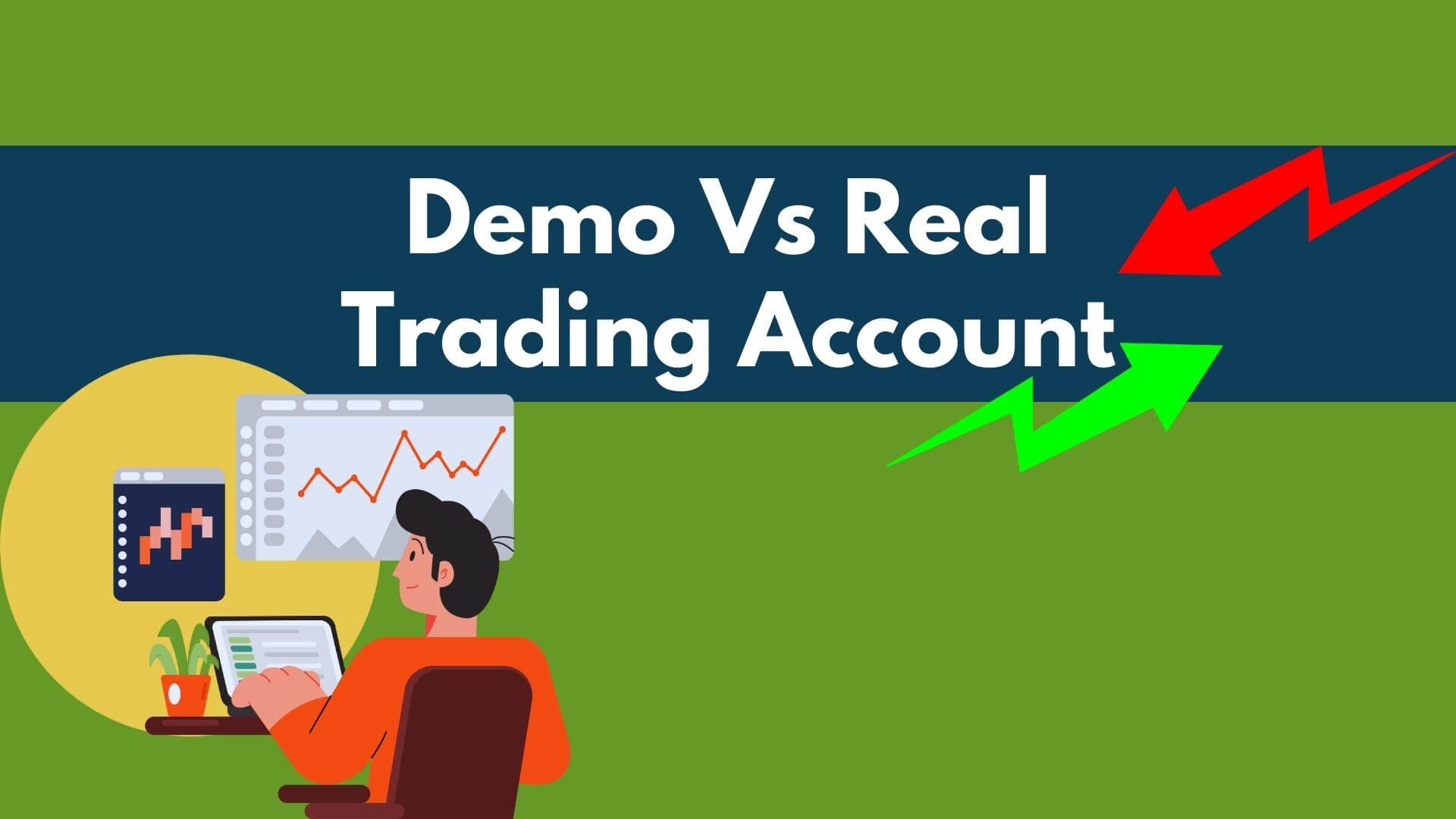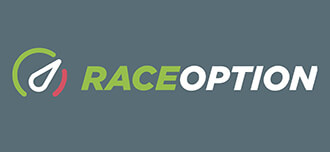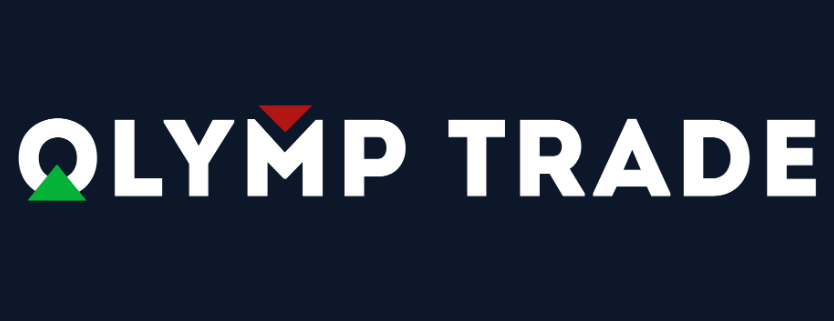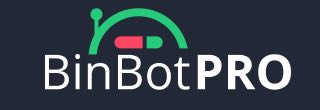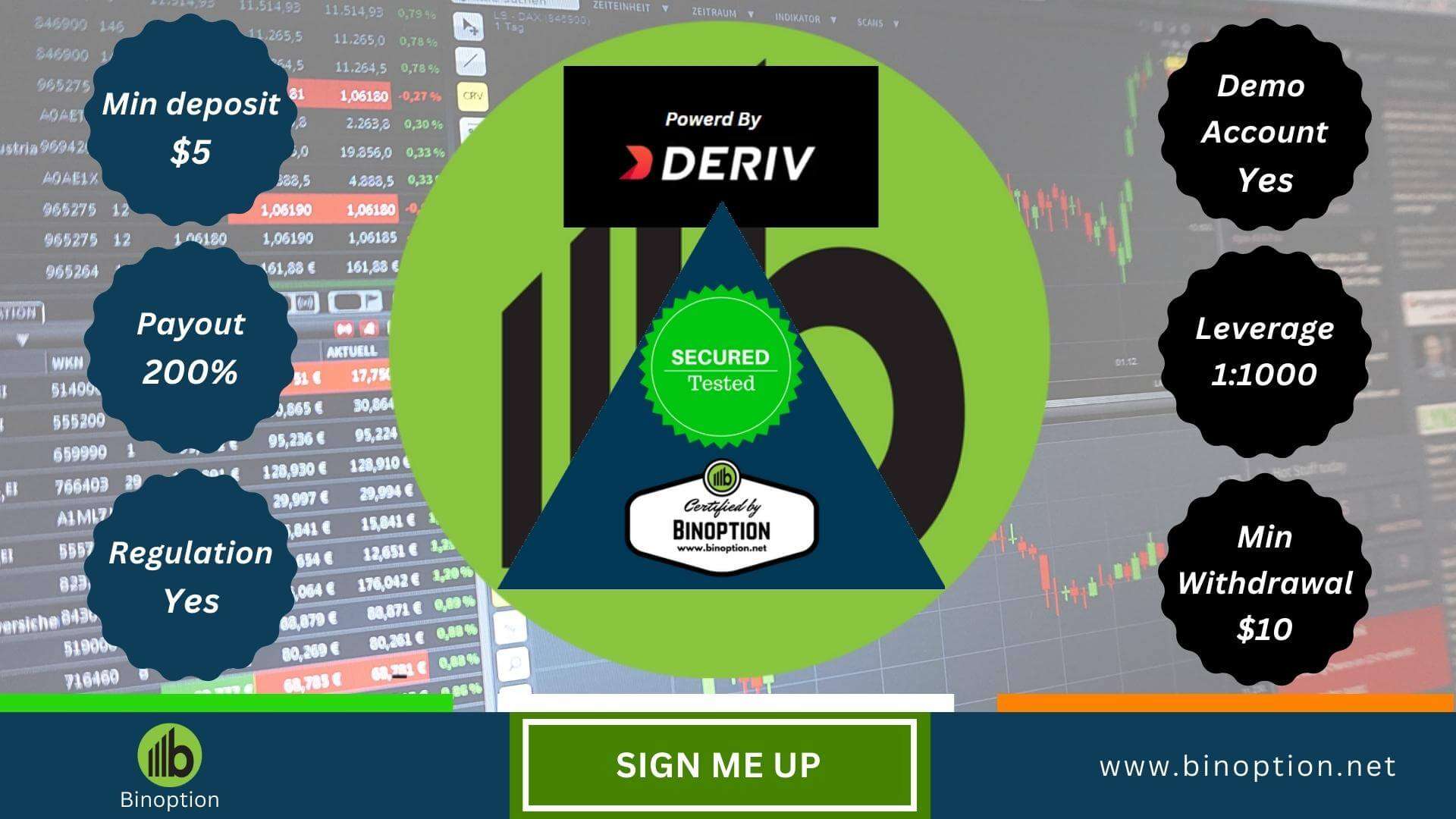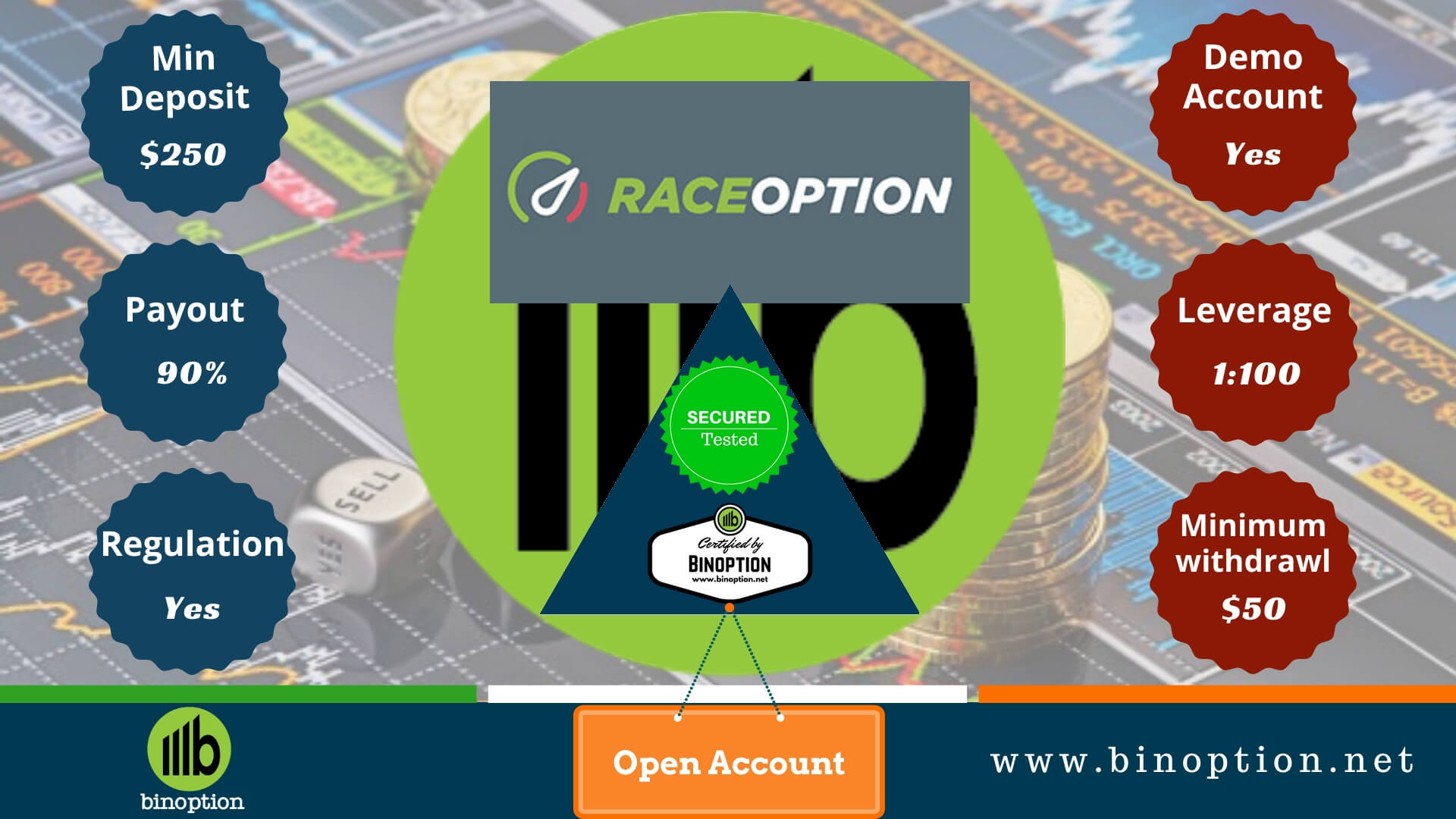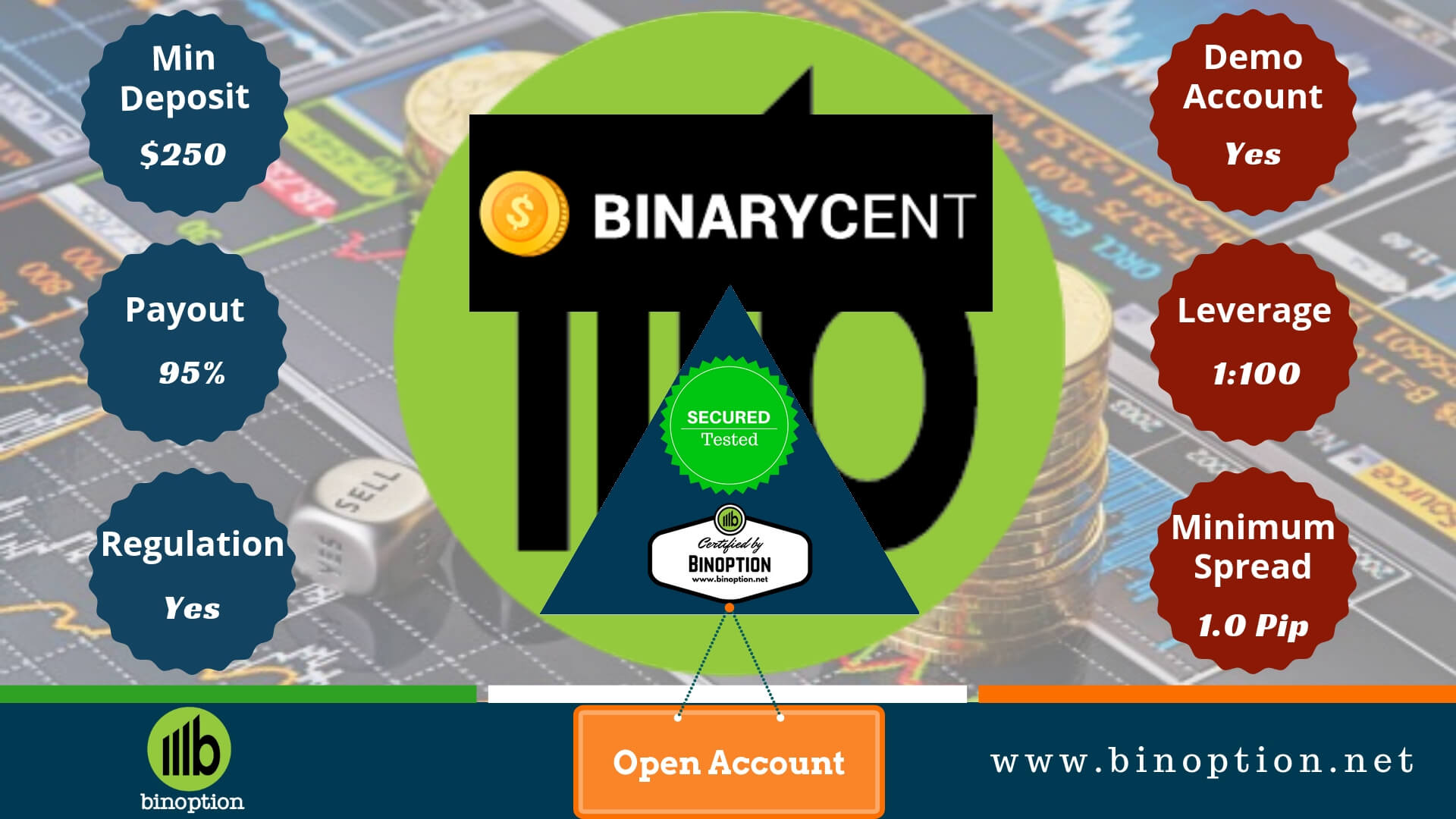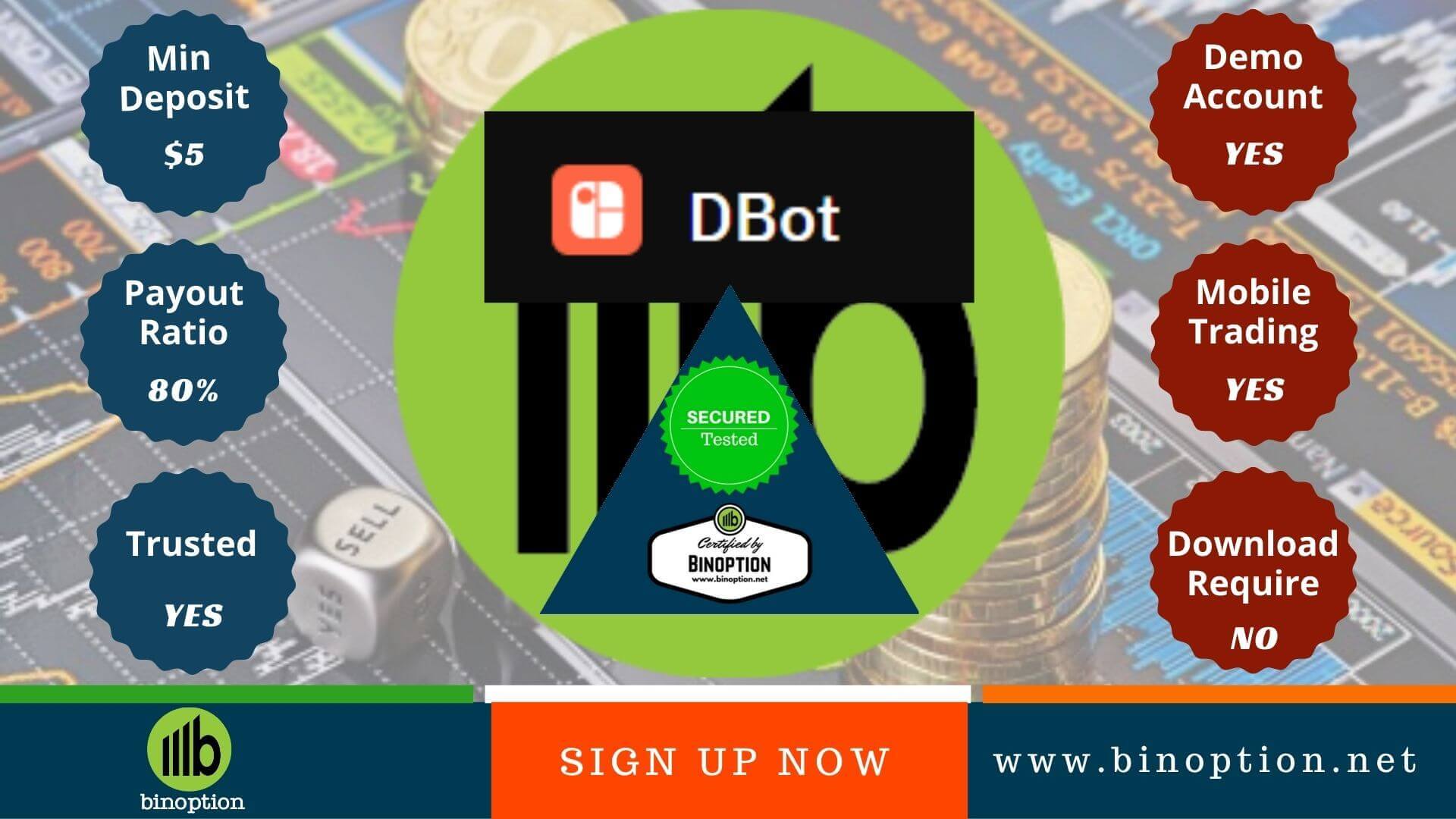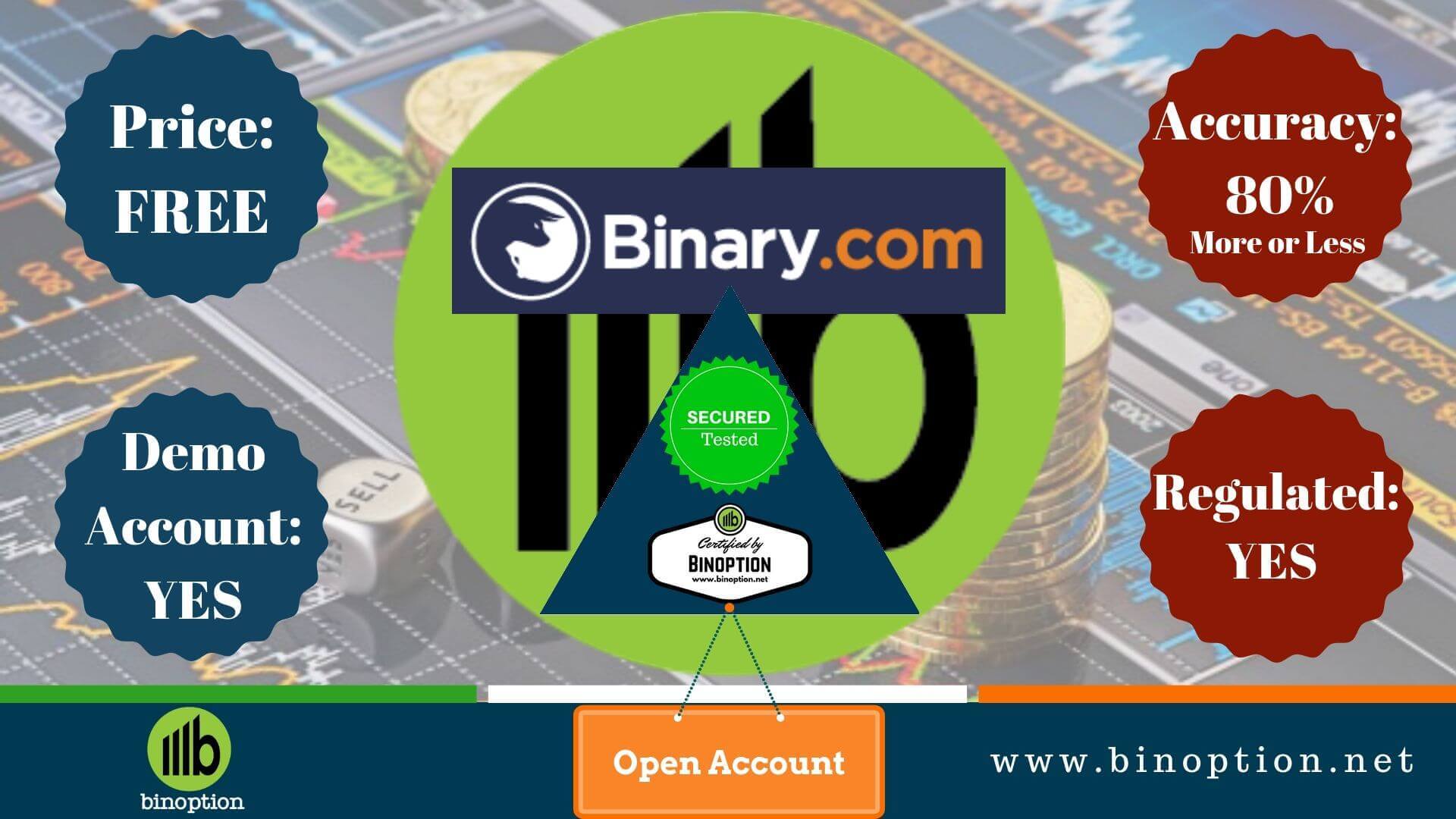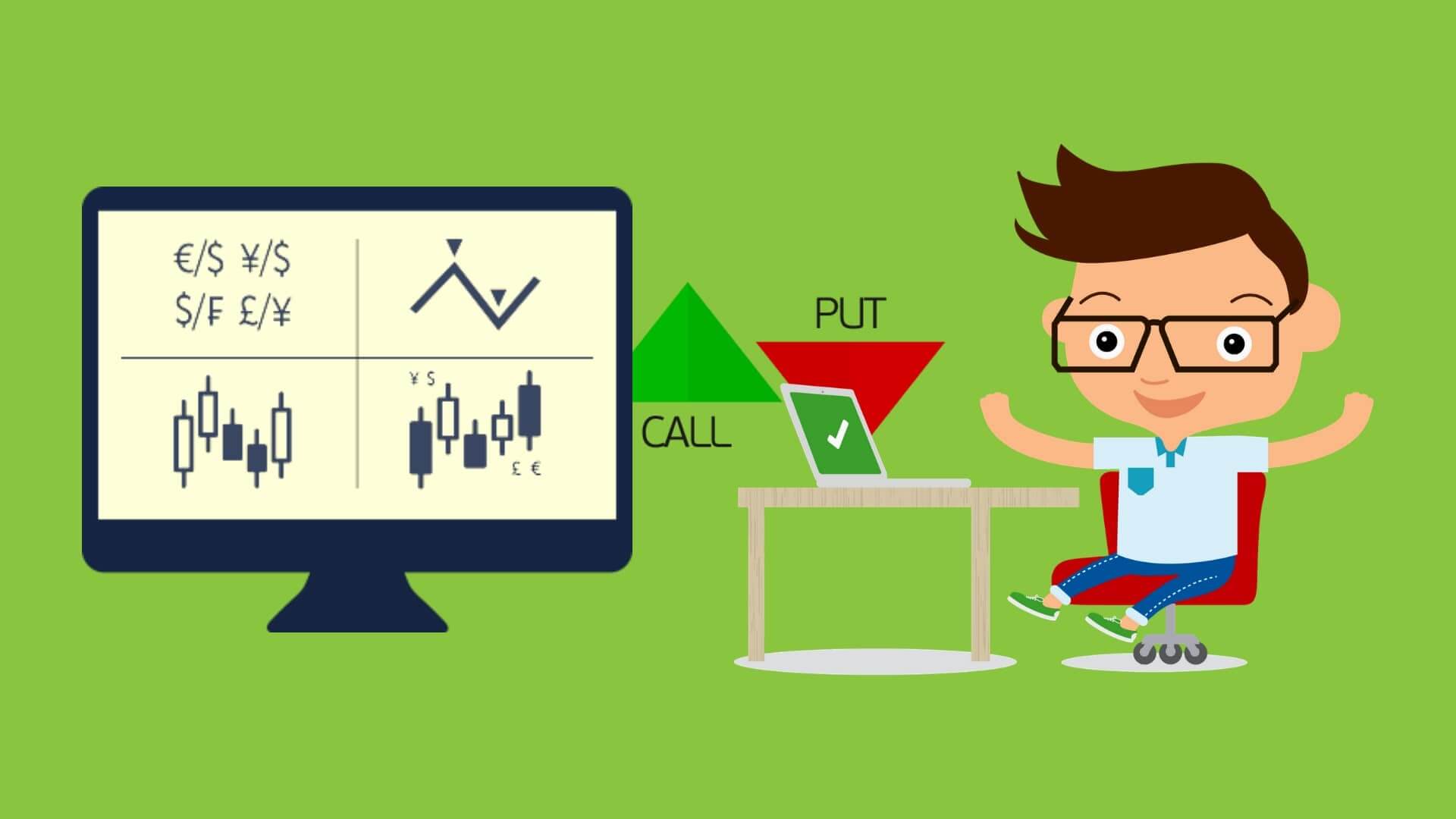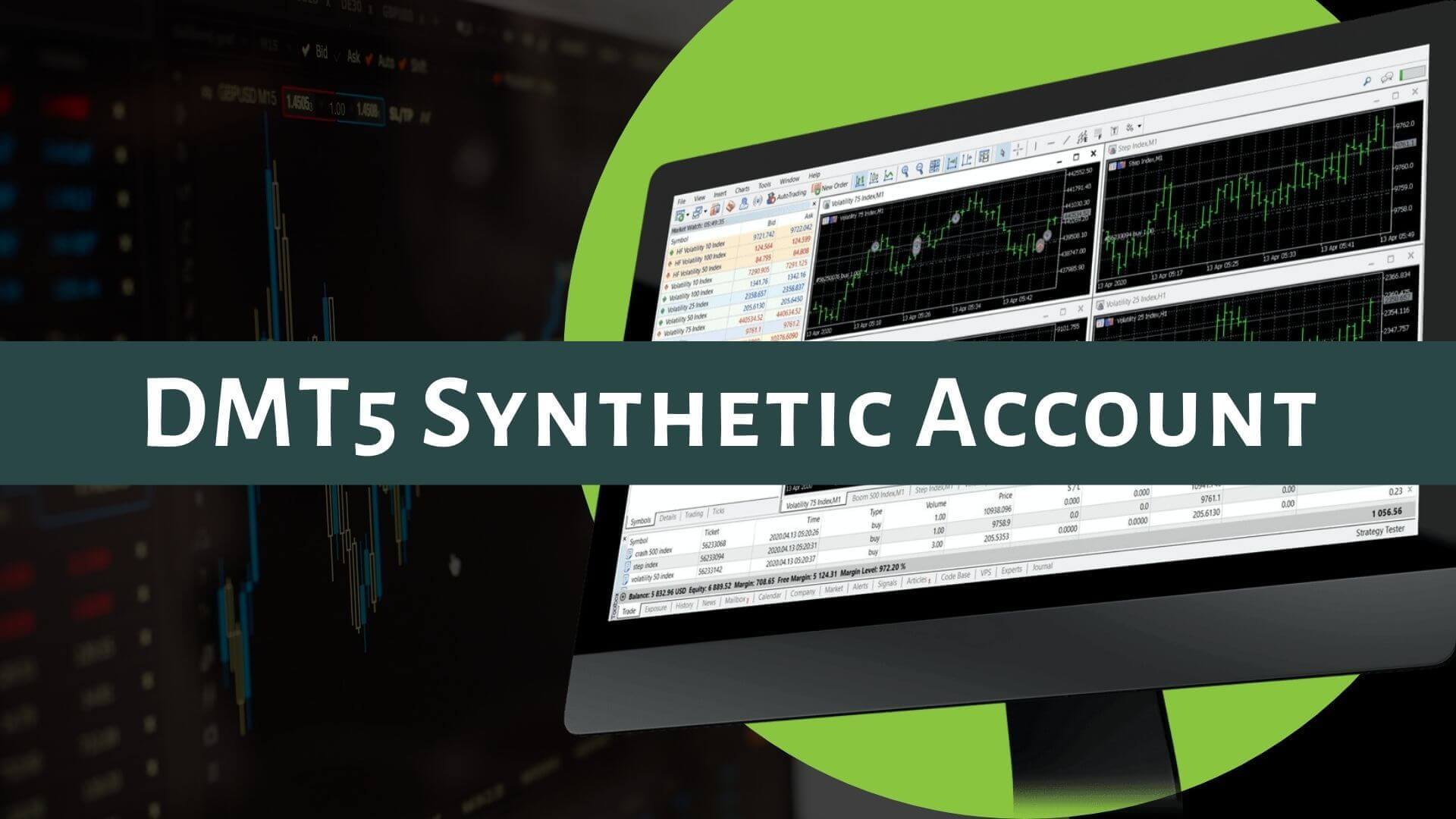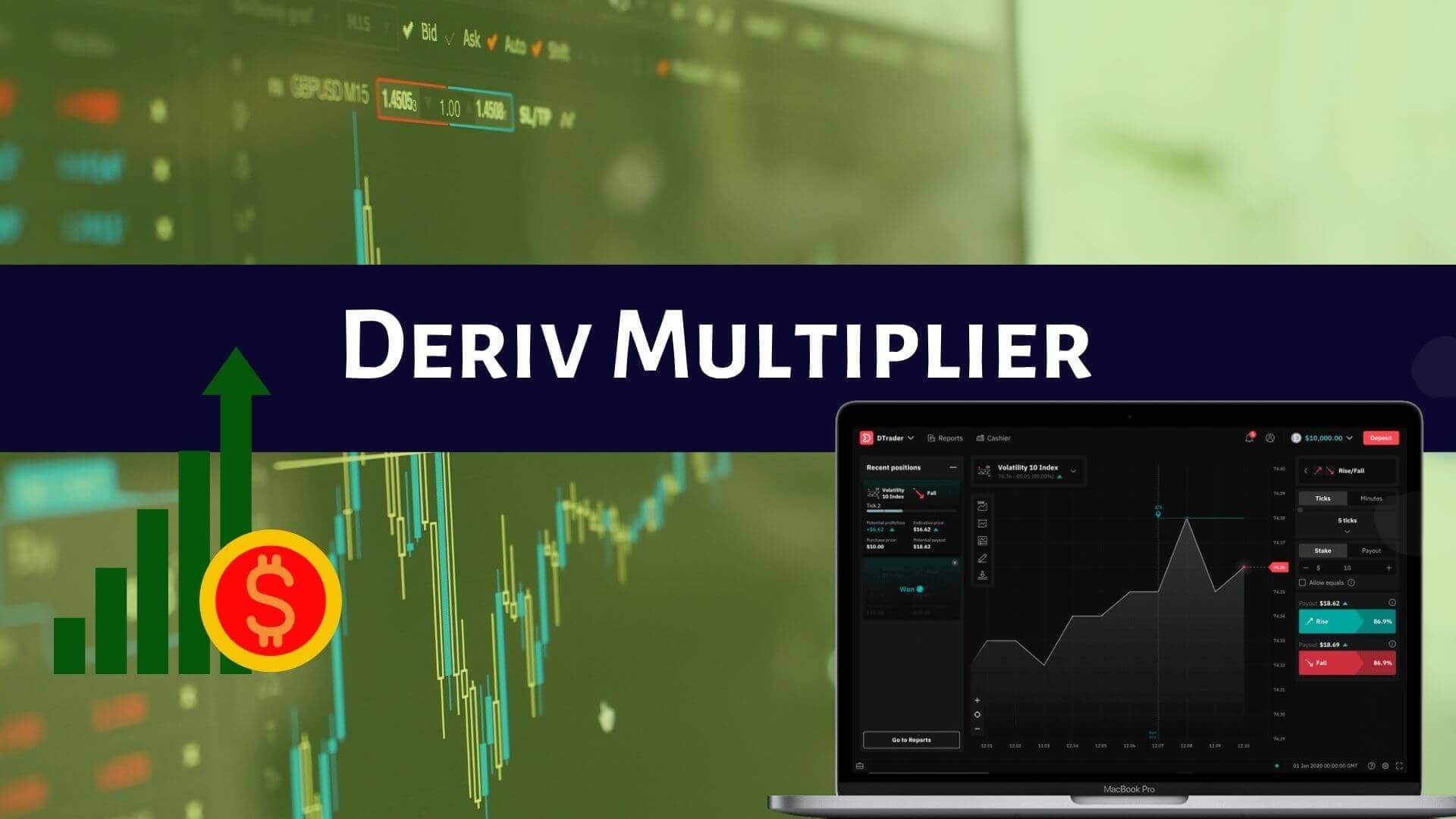Understanding The Key Differences Between Real and Demo Trading Accounts
When it comes to trading the financial markets, brokers accounts play a crucial role in helping traders hone their skills and execute trades.
Two common types of trading accounts are real and demo accounts. While both serve the purpose of facilitating trading activities, they differ significantly in their characteristics and objectives.
In this article, we will explore the fundamental differences between real trading account and demo trading accounts, providing aspiring traders with a clearer understanding of each option and its benefits.
Let’s explore real account vs demo account.
Real Account Vs Demo Account
Difference between demo trading account and real trading accounts based on the characteristics and objectives. A demo account provides a risk-free environment for traders to practice and learn without using real money. On the other hand, a real trading account involves real money and actual financial commitments with trading emotions.
However, both trading accounts share the common goal of facilitating trading activities.
What Is Real Trading Account?
Real trading accounts, also called live accounts, let traders do actual financial transactions with real money. To open an account, it is required to deposit a minimum of funds to execute trades on the market.
Including the other benefits we will discuss below, this account type provides traders with the opportunity to experience trading’s emotional and psychological aspects. Note that in trading, the risks and rewards are tangible. Profitable trades result in gains, while unsuccessful trades lead to losses.
So, it is worthwhile to remember that live trading accounts involve real financial commitments and should be approached with careful consideration and risk management.
Key Features Of Real Trading Accounts:
There are some key features of live trading account. These are:
1. Funds Allocation
In live trading account, actual funds are involved. So, it enables traders to experience the monetary consequences of their decisions.
On the other hand, brokers will fix a minimum amount to deposit. So, to start, it is required to fund your account.
2. Market Conditions:
Trading on a real account reflects current market conditions, including liquidity, slippage, and execution speed. These factors impact the trader’s experience and outcomes.
3. Emotional Impact:
With real money at stake, traders experience emotions such as fear, greed, and excitement, which can significantly influence their decision-making process.
4. Risk and Reward:
Real trading accounts offer financial gains and losses, directly impacting traders’ portfolios and overall financial well-being.
5. Learning Through Experience:
Real accounts provide practical learning opportunities by allowing traders to analyze their trades, learn from their mistakes, and develop effective trading strategies.
So, with a real account, you can also learn how to control the unwanted trading emotions.
What Is Demo Trading Account?
In old age, demo trading was popular as paper trading. Demo accounts are virtual platforms that simulate real market conditions without involving actual money. These accounts are primarily designed for educational and practice purposes.
Traders can explore various financial instruments, execute trades, and monitor their performance without any financial risk. However, not all brokers give you the same facility, but most are does.
Additionally, demo accounts typically offer a virtual balance, which allows users to experiment with different trading strategies, indicators, and techniques in a risk-free environment.
Key Features Of Demo Trading Accounts:
Demo account is trader’s life jacket. It will give you the same real trading feel but without any monetary risk.
There are some potential key features that one should remember:
1. Virtual Funds:
You will get virtual funds based on the broker’s requirements. Using those funds, you can trade the market, allowing you to experiment and learn without fearing financial loss.
2. Simulated Market Conditions:
While demo accounts attempt to replicate real market conditions, it is essential to acknowledge that they may not perfectly mirror the actual market. Execution speed, slippage, and liquidity might differ from what is experienced in real trading.
3. Educational Tool:
Demo accounts serve as invaluable educational tools for beginners. Also, allow them to gain familiarity with trading platforms, explore various markets, and test their strategies.
On the other hand, demo trading is essential for both new and experienced traders. New traders can learn and experienced traders can find the way to earn better.
4. Risk-Free Environment:
Since no real money is involved, traders can experiment with different trading techniques, indicators, and approaches without the emotional stress associated with financial losses.
So, its an open ground for all who wants to learn how to trade.
5. Strategy Development:
Practice accounts or demo accounts enable traders to refine their trading strategies, test new ideas, and identify potential strengths and weaknesses before moving on to real trading.
As we mentioned earlier, for experienced traders, this account works as a tool where they can test strategies before moving forward with a real account.
Conclusion
This blog post on real account vs demo account, hope will help you to find out the primary differences.
Both trading accounts serve different purposes. So, the choice ultimately depends on an individual’s experience level, financial situation, and trading goals. So, take your time, start with a demo if you are new in trading and then switch to a real platform.
